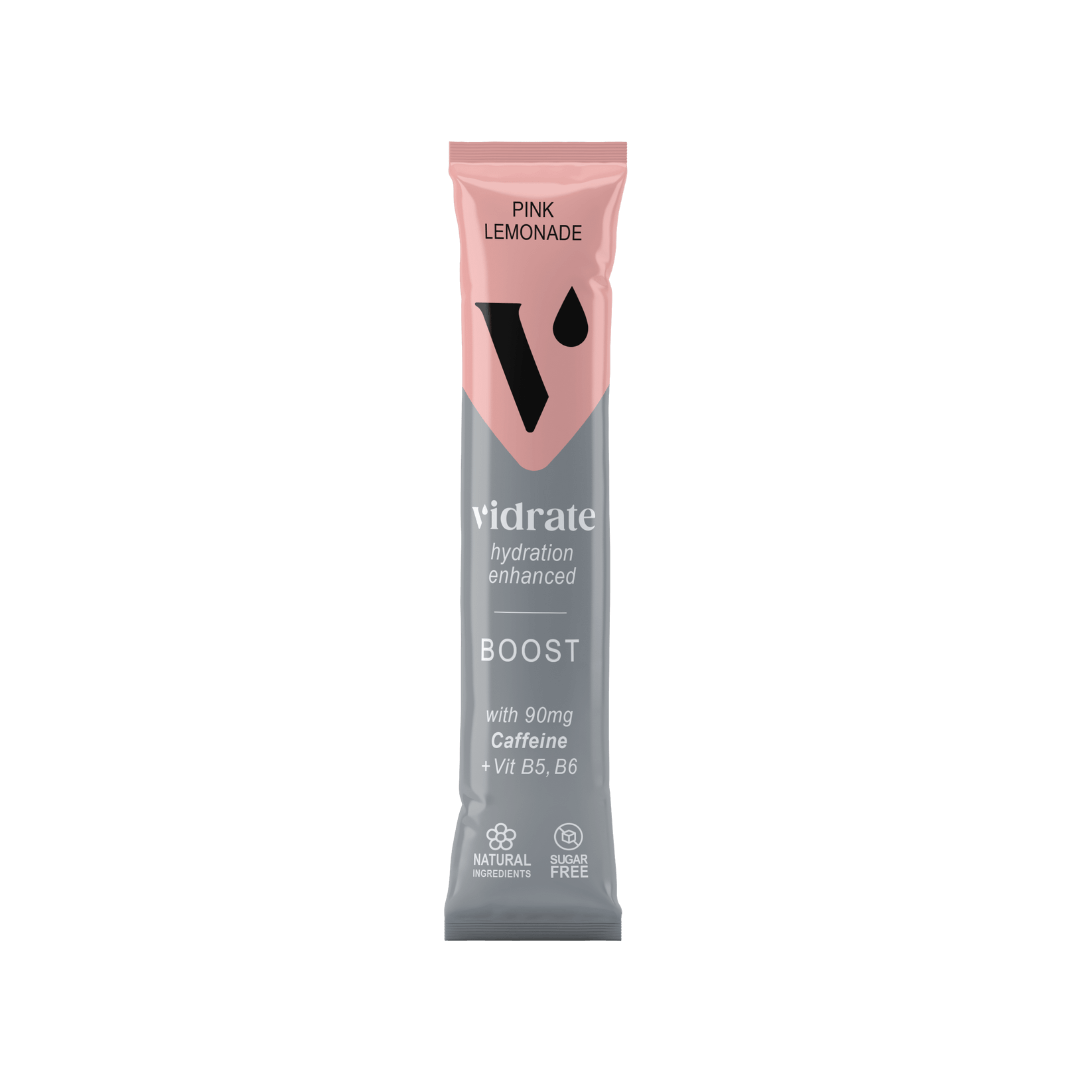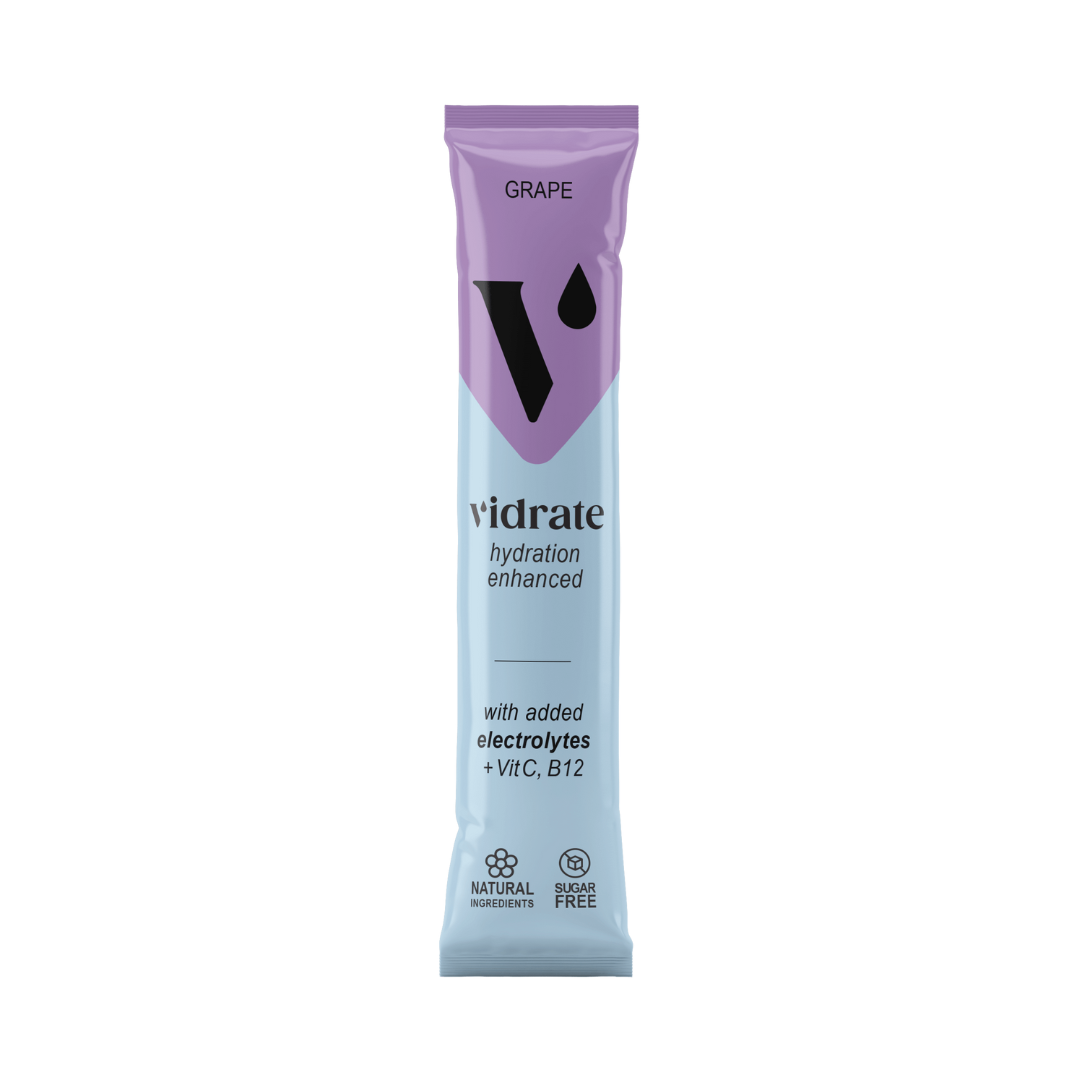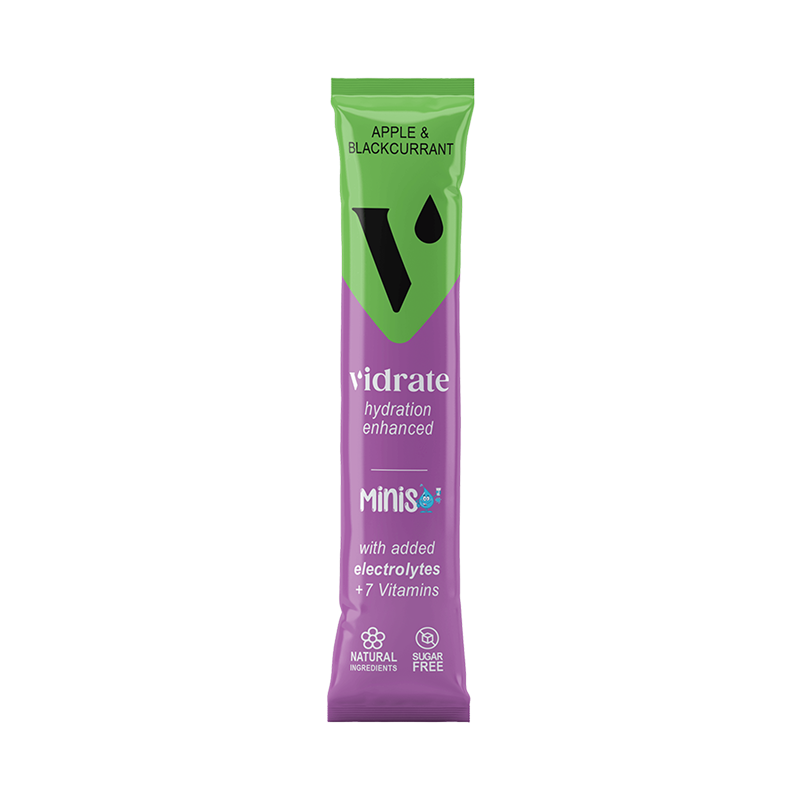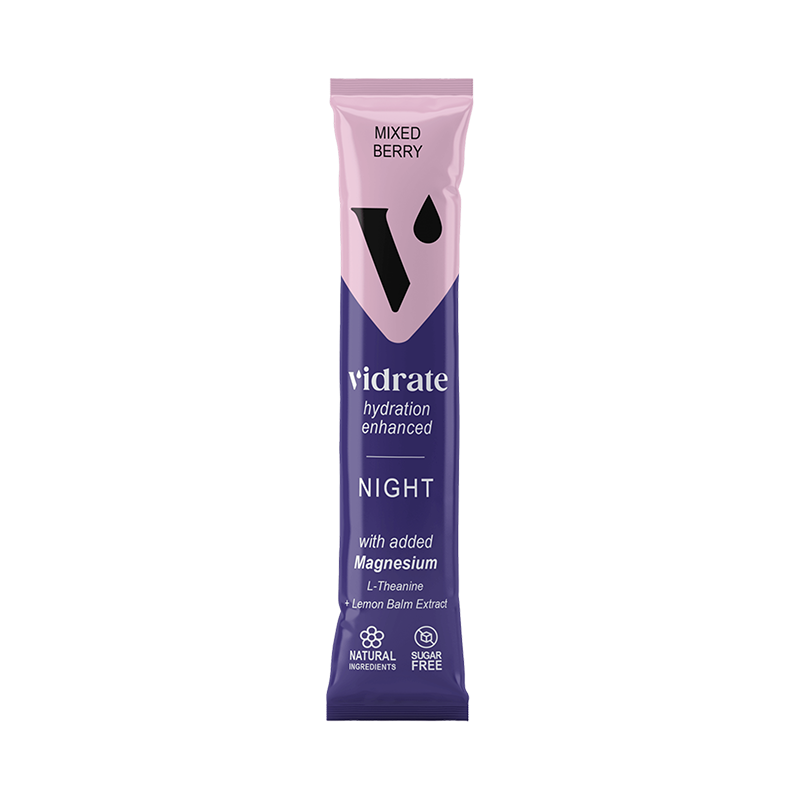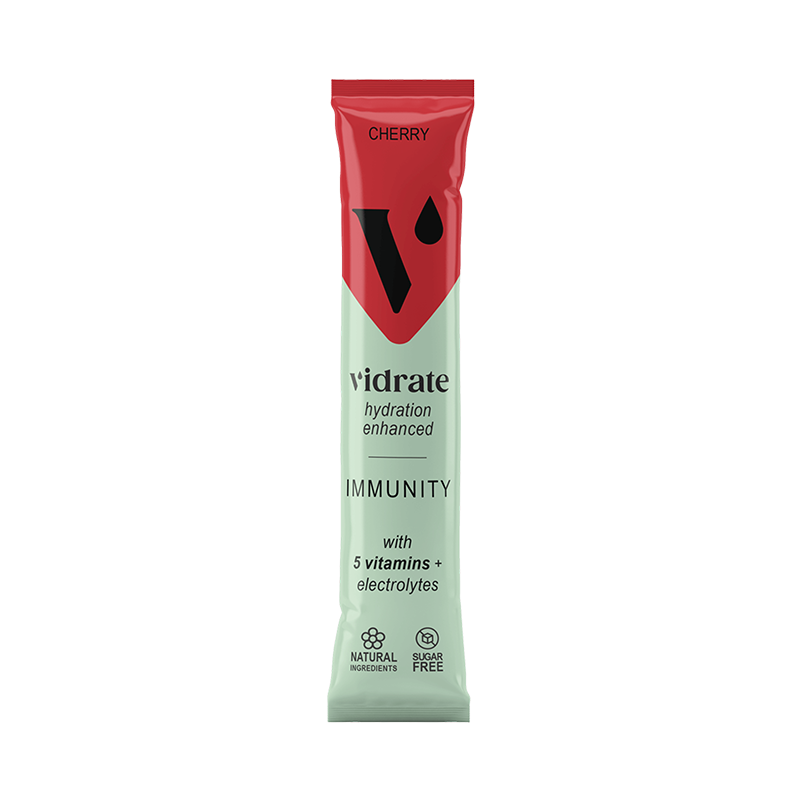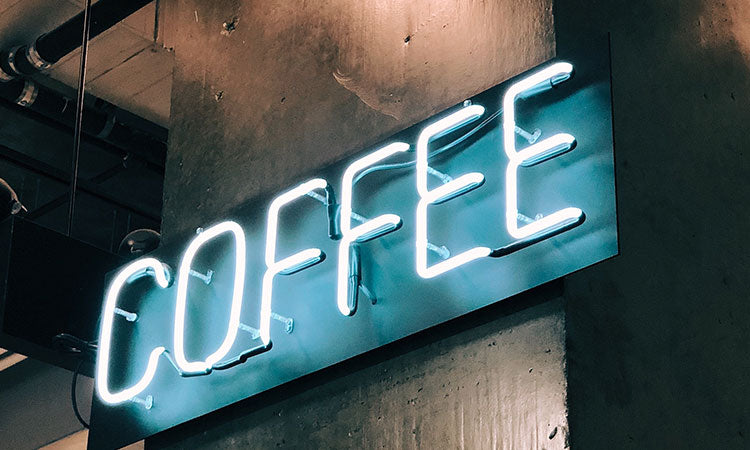

By Rob Bennett-Baggs
Caffeine Content for some of the Most Popular Drinks Revealed
The recommended maximum amount of caffeine per day is 400mg, but do you know how much caffeine you're consuming?

The hydration experts at ViDrate have researched the caffeine content in 20 of our favourite drinks to help you keep on top of your caffeine intake.
|
Drink |
Size |
Caffeine content |
|
Fanta |
330ml |
0mg |
|
Sprite |
330ml |
0mg |
|
Coca-Cola Classic |
330ml |
34mg |
|
Pepsi |
330ml |
38mg |
|
Dr Pepper |
330ml |
42mg |
|
Diet Coke |
330ml |
46mg |
|
Lucozade Energy |
380ml |
46mg |
|
Tea |
190ml cup |
50mg |
|
Green Tea |
Mug |
50mg |
|
Standard energy drinks |
250ml can |
80mg |
|
Red Bull |
250 ml can |
80mg |
|
Costa Coffee espresso |
30ml |
92mg |
|
Instant Coffee |
Mug |
100mg |
|
Starbucks Doubleshot Energy + Coffee |
443ml |
145mg |
|
Standard energy drinks |
500ml can |
160mg |
|
Monster Energy |
473ml |
160mg |
|
McDonalds cappuccino |
Regular - 150ml |
175mg |
|
Costa Flat White |
160ml |
277mg |
|
Starbucks Iced Brewed Coffee |
Trenta - 916ml |
285mg |
|
McDonalds Iced Coffee |
Large - 946 ml |
320mg |
A standard cup of coffee contains 100mg of caffeine - which means you should only be drinking a maximum of four a day.
A favourite among Brits, a cup of tea, contains half the caffeine as a cup of coffee, with only 50mg of caffeine per cup. Meaning we can drink up to eight cups a day.
Surprisingly, a can of diet coke has more caffeine than a regular can of coke, but less caffeine than both tea and coffee.

One of the most famous energy drinks, Red Bull, has just 80mg of caffeine, which is less than a regular cup of instant coffee.
Many drinks don't have any caffeine, such as Fanta, Sprite, fruit squash and of course water...but may contain added sugars!
At the other end of the scale energy drinks have high-levels of caffeine, with Monster Energy having a staggering 160mg of caffeine.

In May 2015, The European Food Safety Authority published a report on the safety of caffeine which showed how caffeine can interrupt sleep, cause anxiety and an increase in blood pressure.
The Food Standards Agency says: "Based on current scientific opinions on the safety of caffeine, we advise that children, or other people sensitive to caffeine, should only consume caffeine in moderation. Pregnant and breast-feeding women are advised not to have more than 200mg of caffeine over the course of a day, which is roughly two mugs of instant coffee or one mug of filter coffee."
Nick Hird, cofounder of ViDrate reveals his expert tips on how to beat your caffeine addiction:
-
Know your stuff. Know how much caffeine is in each of your favourite drinks as this will help you keep on top of your caffeine intake.
-
Substitutes. Start substituting one of your daily coffees with a cup of tea, from breakfast to green, as tea has half the amount of caffeine than a cup of coffee. If you love a latte or a cappuccino, try switching to an alternative milky drink such as hot chocolate. Or, try products such as ViDrate, which are designed to help and encourage consumers to drink more water.
-
Try a tea shortcut. Start brewing your tea for a shorter amount of time, as this reduces how much caffeine is in your cuppa!
-
Switch to decaf. Start buying decaf tea and coffee and slowly ease yourself into drinking decaf alternatives.
- Have a nap. If you're struggling to stay awake in the afternoon why not have a power nap instead of a coffee. A 20 minute nap is proven to be the optimal time, also known as a siesta!
Start your day with water not coffee. Instead of reaching for a cup of coffee first thing in the morning, instead drink a glass of water. While we are sleeping we use water and often wake up dehydrated.
